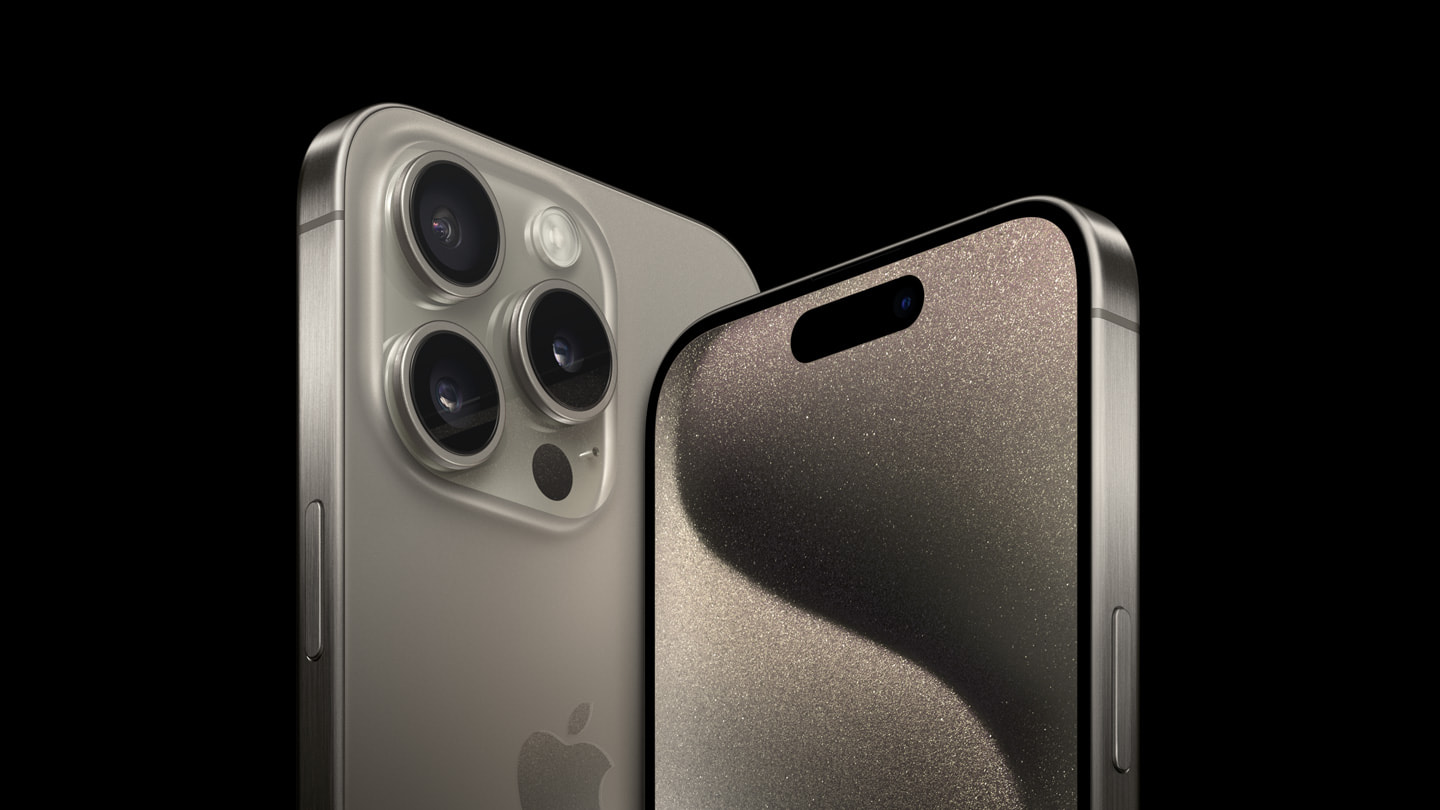Apple could face a significant decline in shipments for the upcoming iPhone 16 lineup due to numerous “structural challenges,” according to esteemed analyst Ming-Chi Kuo.
In a new Medium post, Kuo details the challenges Apple is likely to face going forward with the iPhone 16 and how it will struggle to market and sell the device in a tough market fueled by AI investments and wider adoption of foldable phones. Contrary to industry expectations, Apple may not launch “comprehensive” generative AI features for its device until 2025, significantly lagging behind Samsung and its new AI-powered features for its Galaxy S24 lineup.
Hardware design for the iPhone 16 won’t differ significantly from the current iPhone 15 lineup, adds Kuo. Apple is expected to introduce a new Capture button and slightly taller displays for the iPhone 16 Pro, and Kuo’s words today hint that this might be the extent of external hardware additions the company is planning. As a result, iPhone shipments are estimated to decline between 10 to 15 percent year-over-year reaching around 200 million units.

Discover new horizons, always connected with eSIM
Travel the world stress and hassle-free with the best eSIM service available. Enjoy unlimited data, 5G speeds, and global coverage for affordable prices with Holafly. And, enjoy an exclusive 5% discount.
If the numbers prove correct, Apple could have the “most significant” shipment decline among all major OEMs in 2024, warns Kuo. The issue is predicted to be even more compounded in China, with iPhone shipments plummeting by as much as 40 percent YoY in the country in recent weeks on the back of strong sales from Huawei’s new Mate 60 lineup.
Apple was recently crowned as the biggest smartphone maker in China by shipments volume for the first time ever in the iPhone’s history, so it will be interesting to see how the company could have its fortunes change so quickly in less than one year.
The company is also strongly rumored to be preparing a comprehensive set of generative AI features to be unveiled as soon as June with iOS 18. It remains to be seen if these features will be able to compel customers to stick with the iPhone or whether Apple will fall short of matching what Google and Samsung have recently come up with.



